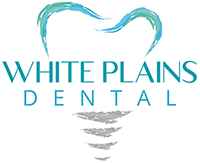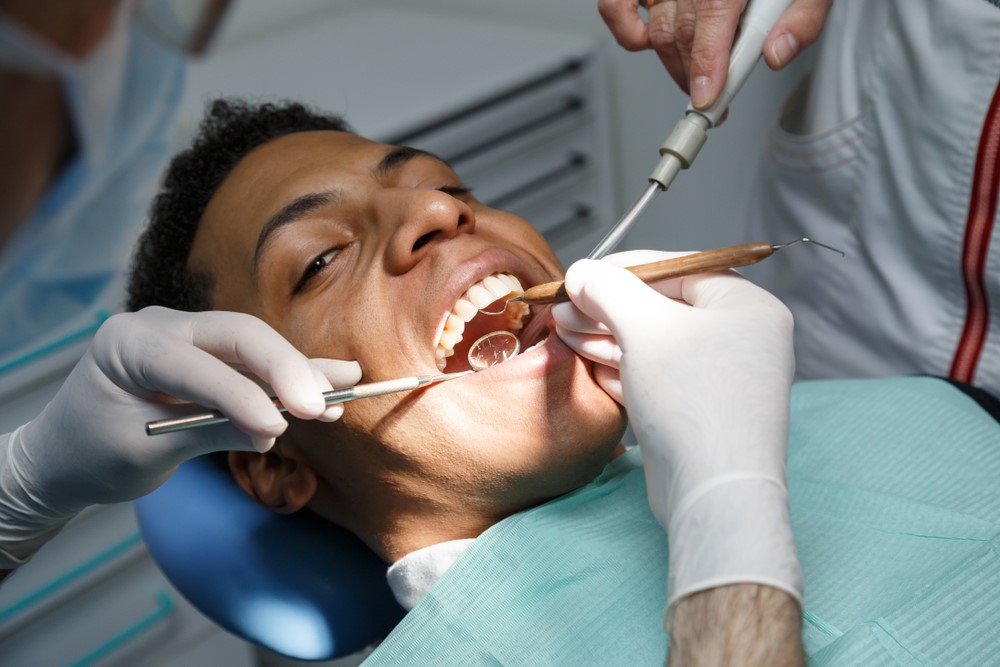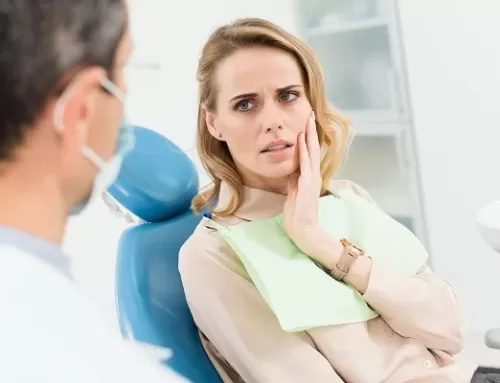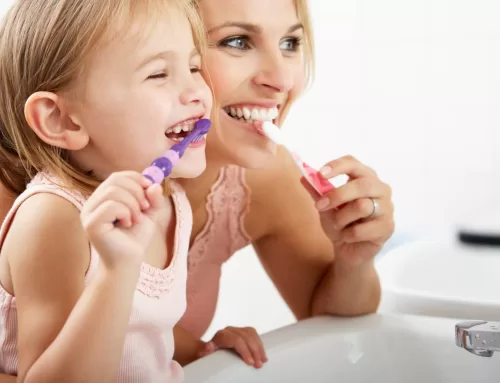One of the most frustrating things you can hear when getting your teeth checked at you White Plains dentist is that you have a cavity. Oddly enough, though, many people don’t really know all of the details about cavities, and one of the easiest ways to lessen your fear about something is by having some background knowledge. Here are some of the most core things to know when it comes to cavities.
What Causes Cavities?
There are a number of things that can cause cavities, ranging from hard-to-control factors like genetics to simpler things like hygiene.
Some of the most common causes of cavities include:
• Plaque formation: combination of bacteria, food particles, acid and saliva that adheres to your teeth and builds up.
• Diet: eating and drinking is necessary to live, but it is also a big player when it comes to cavities. Food that clings or has high sugar and carbohydrate content will increase your chances of a cavity.
• Poor oral hygiene: this is one of the easiest ways to allow plaque to build up!
• Dry mouth: saliva is your body’s natural method of cleaning your teeth, so dry mouth will allow plaque to accumulate more quickly.
• Genetics: something you have little control over is the genetic structure of your teeth. Some people will be more prone to cavities than others, and as long as you are doing what you can control, it shouldn’t be something to feel bad about.
Prevention
As mentioned, the main cause of cavities is plaque buildup, something that can be lessened or prevented through proper dental hygiene and maintenance.
Some tools to make sure you use regularly include:
• Toothbrush and toothpaste: these are critical for your regular routine because they are an easy way to frequently scrub your teeth clean of food particles and recent plaque buildup. Most dentists will recommend that you brush your teeth at least twice a day.
• Dental floss: this will help to further keep your mouth clean by targeting the more stubborn plaque and food particles that stick between and around your teeth in harder to reach places.
• Mouthwash: lastly, the final step in an effective routine is mouthwash. This will essentially help to kill the remaining bacteria that can cause not only cavities but also concerns with your gums and other oral help.
How Can You Get Rid of Cavities?
If you already find yourself in the unfortunate spot of having a cavity, the best treatment is going to your dentist to receive a filling. Basically, a filling is in a minor treatment (which will be discussed in detail later) to help restores your tooth to its normal function. Depending on the severity of the cavity, this could be a very quick and minor treatment or a more intensive one that may require numbing and some time to complete.




